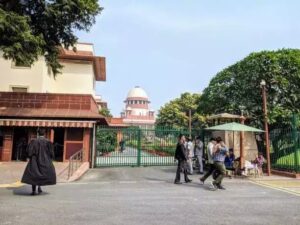
Quota for mentally ill in MBBS admissions: SC asks NMC to set up panel
New Delhi: The Supreme Court has directed the National Medical Council to set up a panel of domain experts to examine a plea for evolving modes of disability assessment
Mon – Frd: 8:00 – 18:00
Mon – Frd: 8:00 – 18:00
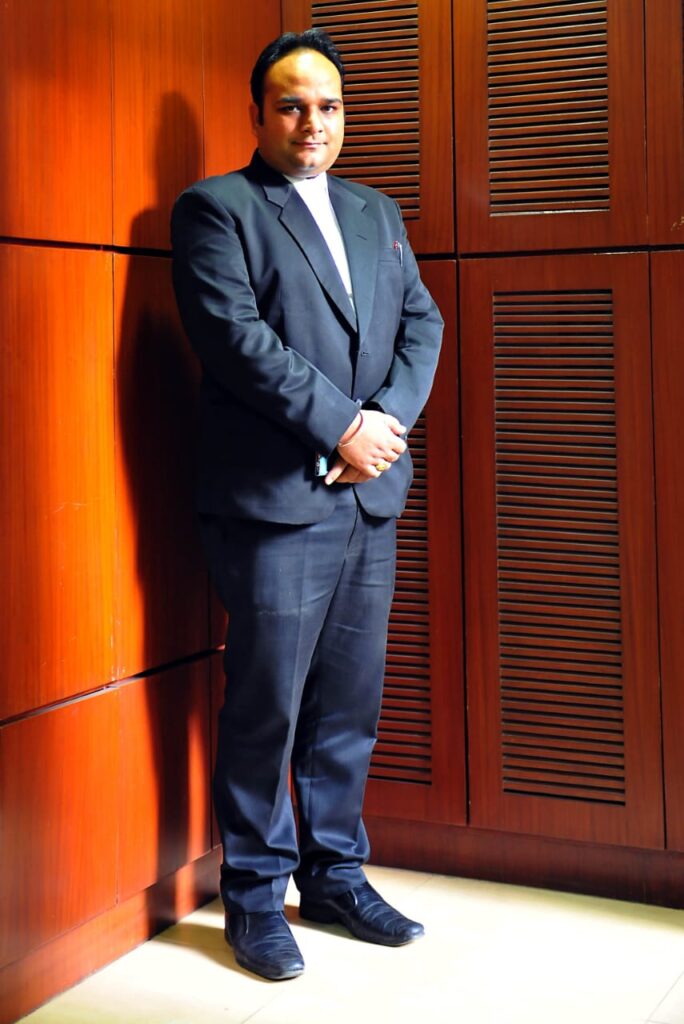
Gaurav passed his LLB in the year 2009 and got himself enrolled as a lawyer in Delhi in the same year.
He has raised several important issues in the Court of Law and has got many landmark orders leading to benefit of marginalized section of the Society. He is actively working on several issues like Protection of rights of Psychosocial Disabilities & Persons with Disabilities, Wildlife Conservation, Environment Protection, Disaster Management issues, Women Rights, Child Rights etc.
He filed a petition in the Supreme Court to address the inhumane conditions and lack of proper rehabilitation facilities for individuals with mental illnesses in mental health institutions. The Supreme Court, responding to his petitions, issued multiple directions aimed at improving the conditions for these individuals including establishment of halfway homes and long-stay homes for those who have been treated for mental illnesses but have no place to go due to homelessness or lack of family support. The Court emphasized that simply renaming existing institutions is not enough; genuine halfway homes that provide a supportive environment are needed.
Bansal’s efforts have highlighted the ongoing human rights violations within mental health institutions and the need for comprehensive community-based rehabilitation. His work has also underscored the importance of implementing the Mental Healthcare Act of 2017, which aims to protect the rights and dignity of individuals with mental health conditions in India.
During Covid Pandemic Bansal has been a relentless advocate for the families of those who lost their lives to COVID-19. His decision to file a public interest litigation (PIL) in the Supreme Court was a critical step in demanding ex-gratia compensation from the government. Bansal argued that under the Disaster Management Act (DMA), 2005, the government had a constitutional obligation to provide relief to the affected families.
Bansal’s efforts were instrumental in challenging the disparities in compensation provided by different states. He pointed out that while some states offered as much as Rs. 4 lakh, others provided significantly less, creating inequality among the families of COVID-19 victims. His advocacy for a uniform policy on compensation led to the Supreme Court mandating a compensation amount of Rs. 50,000 per family, ensuring fair treatment for all affected families. This ruling was a significant victory, showcasing Bansal’s effectiveness in holding the government accountable.


Gaurav believes in the power of law to bring about positive change. His approach to advocacy is grounded in empathy, integrity, and a relentless pursuit of justice. He is dedicated to empowering the vulnerable and ensuring that every client receives personalized and effective legal representation.
Gaurav Kumar’s professional journey is marked by his extensive experience in various courts of Delhi. He has successfully handled numerous high-profile cases, significantly impacting women’s safety and human rights. His achievements include landmark victories and contributions to legal reforms.
Gaurav Kumar envisions a future where his legal advocacy leads to substantial societal change. He aims to enhance legal protections for women and children, mentor aspiring lawyers, and promote widespread legal awareness. By guiding the next generation of legal professionals and sharing his journey, Gaurav hopes to cultivate a dedicated community of advocates. His ultimate goal is to empower individuals and ensure justice is served for all.

New Delhi: The Supreme Court has directed the National Medical Council to set up a panel of domain experts to examine a plea for evolving modes of disability assessment
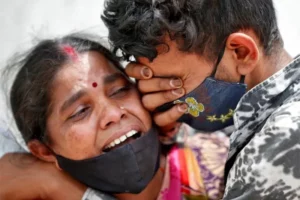
India’s top court has approved the government’s decision to pay 50,000 rupees ($674; £498) as compensation for every death due to Covid-19. The Supreme Court’s
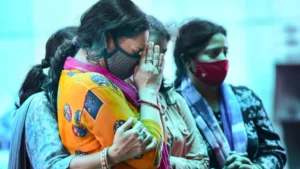
New Delhi — India’s Supreme Court approved Monday a government plan to pay only 50,000 Indian rupees, approximately $674, as compensation to families of all those
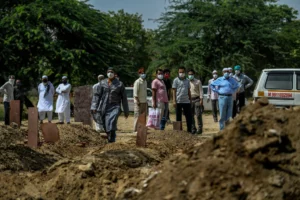
The court said the country’s disaster management agency must pay about $671 each to families whose relatives died of Covid. India’s official death toll is

As per the rules of the Bar Council of India, we are not permitted to solicit work or advertise in any manner. By proceeding further and clicking on “I Agree” below, the user acknowledges that:
⦁ the transmission, receipt or use of the information on our website does not tantamount to solicitation, advertisement, inducement or personal communication of any sort for and on behalf of the Firm so as to create an attorney-client relationship;
⦁ the information provided in this website is at the user’s request for his/her general information and use.
The information provided herein should not be interpreted as legal advice, for which the user must make independent inquiries. Whilst every effort has been taken to ensure the accuracy of the contents of this website, Chambers Of Gaurav Kumar Bansal disclaims all liability arising from reliance placed by the user or any other third party on the information contained therein.